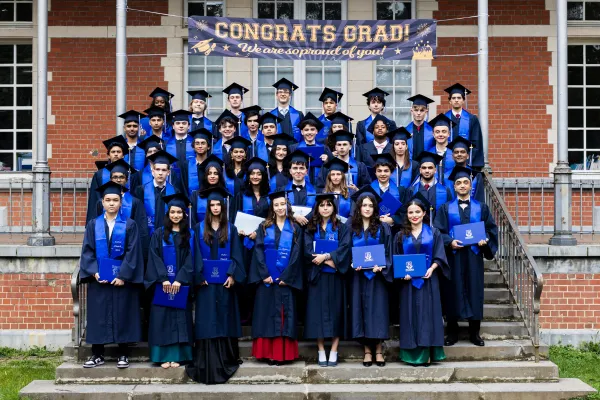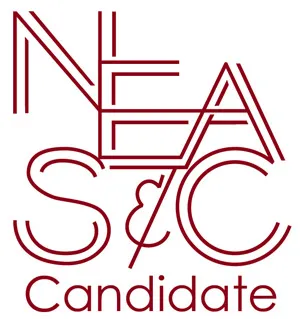Language
Support Team

Home > Campus > North Campus > Academic Life > Language Support Team
A word from our Team
Meet our team leaders for the North Campus.

Our English language support leader empowers students to develop the critical skills to effectively communicate their needs and to establish relationships with their peers and the wider community. Fadi supports students in a variety of manners and works alongside home room teachers in primary and with all subject teachers in secondary in order to create an optimal learning environment for English language learners.
Fadi is fluent in five languages, which makes him not only a role model for language learners, but also an incomparable tool that guides students who are starting their journey as learners of a new language.
English Language Support in Secondary

“One of a kind service”
"As a mom myself, I understand the importance of quality education where individualised teaching is not only a concept but something that is practised every day in the classroom so each child can blossom and develop to become the best possible version of themself."
We believe that students thrive when they feel safe, seen, and supported.
Our dedicated School Counsellor, also a key member of our Safeguarding Team, plays a vital role in nurturing a school environment where every student feels a strong sense of being, belonging, and becoming.
We recognise that well-being is not separate from learning. We believe that well-being is at the heart of learning and this is why we place such importance on creating inclusive, caring, and responsive spaces where students can express themselves openly and access the guidance they need.
At North Campus, safeguarding is not just a protocol. We embrace safeguarding as a shared responsibility and a deeply rooted value. Together, we build a community where every learner is known, valued, and encouraged to become their best self.

“One of a kind service”
We believe in being, belonging and becoming. In order for students to experience those critical processes, we have put systems and protocols in place so that they feel accompanied from the moment they arrive in our school for the first time.
My name is Javier Paule, and my role as Student Learning and Life Coordinator in Primary includes monitoring students’ adaptation into our learning community as well as coordinating the implementation of our Resilience, Rights and Respectful Relationships Programme. I am happy to support members of our community in primary to connect, to develop a sense of belonging, and to become a better version of themselves.
English Language Support
To continually develop and promote language learning, we seek to employ teachers who are fluent in at least two languages, who are trained in working in plurilingual environments (where people have multiple identifications), and who are sensitised to the language needs of students at different ages and in different subjects. We view the ongoing language development for our students as the shared responsibility of all teachers, parents, and students. We believe that language is best learned in context, that language is best learned when sufficient meaningful input is provided in the learning environments, and when the learning spaces stimulate retrieval and foster a sustainable approach to interacting with language.

English language support goals
English language support has different priorities according to the year. Download this document to learn about a non-exhausting list of targets for different years.





